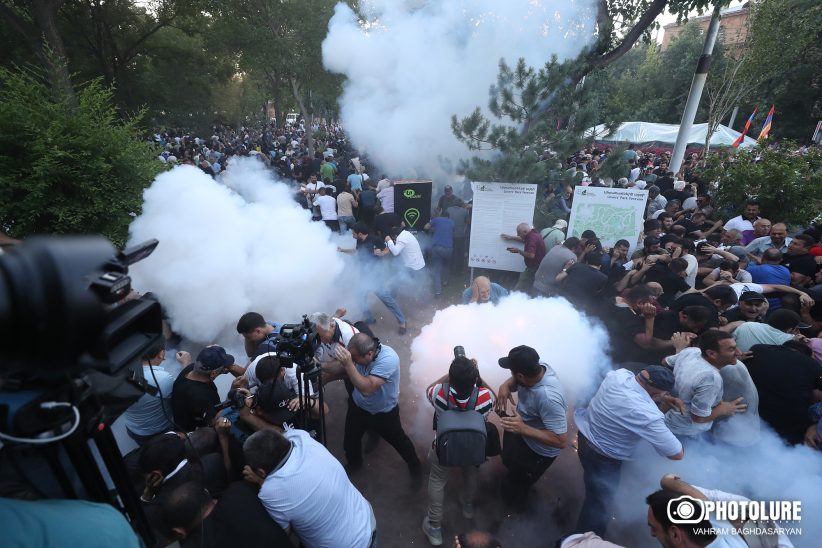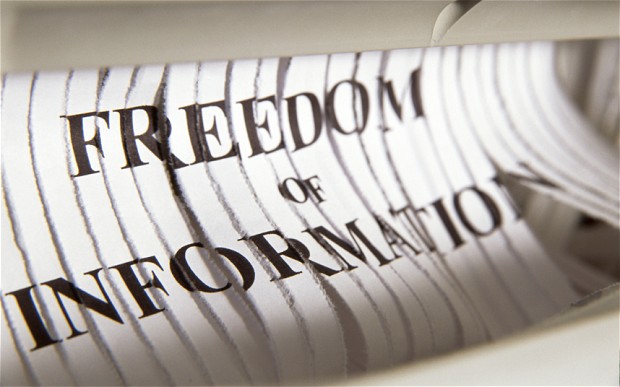The first quarter of 2022 was a relatively quiet period for journalists and the media activity. The number of violations of their rights has significantly decreased. 1 case of violence was recorded, when a journalist was detained while covering a mass protest, as well as 12 cases of various other pressures. 7 new lawsuits have been filed against media outlets and journalists, all of which are based on defamation and insult under Article 1087 Part 1 of the RA Civil Code.
Among the 12 cases of the above-mentioned pressures are the manifestations of insulting and disrespectful attitude towards the media representatives, as well as attempts of humiliation and obstruction of their work recorded during the quarter. Only one of these incidents has been investigated by law enforcement agencies.
In the period under review, in contrast to the decrease in physical violence and other types of pressure, there was a significant increase in violations of the right to receive and disseminate information․ There are 45 such cases, which is 30 more than in the same period last year. The media outlets continue to complain about the unnecessary delays and refusals to provide the requested information by the state agencies.
International institutions continued to focus on the legislative changes made in Armenia last year, which posed threats to freedom of speech and the unhindered operation of the media. In particular, this assessment refers to the criminalization of the so-called “serious insult” and the tripling of caps for pecuniary compensation for insult and slander. These regressive changes became a target of criticism earlier this year in a resolution passed by the Parliamentary Assembly of the Council of Europe, in the reports of international human rights organizations Freedom House and Amnesty International, deemed as unfounded restrictions on freedom of expression.
More than 10 Armenian journalistic organizations consider it necessary not only to immediately review these changes, but also to reform the entire media legislation. This is conditioned by the need to abandon outdated approaches and principles, to apply modern regulations in the conditions of rapid development of information technologies, and to introduce the best international experience in our country. Therefore, in February-March, the representatives of these organizations initiated a series of discussions with the officials of the executive and legislative bodies, initiating a process of joint work on the reforms of the media legislation.








